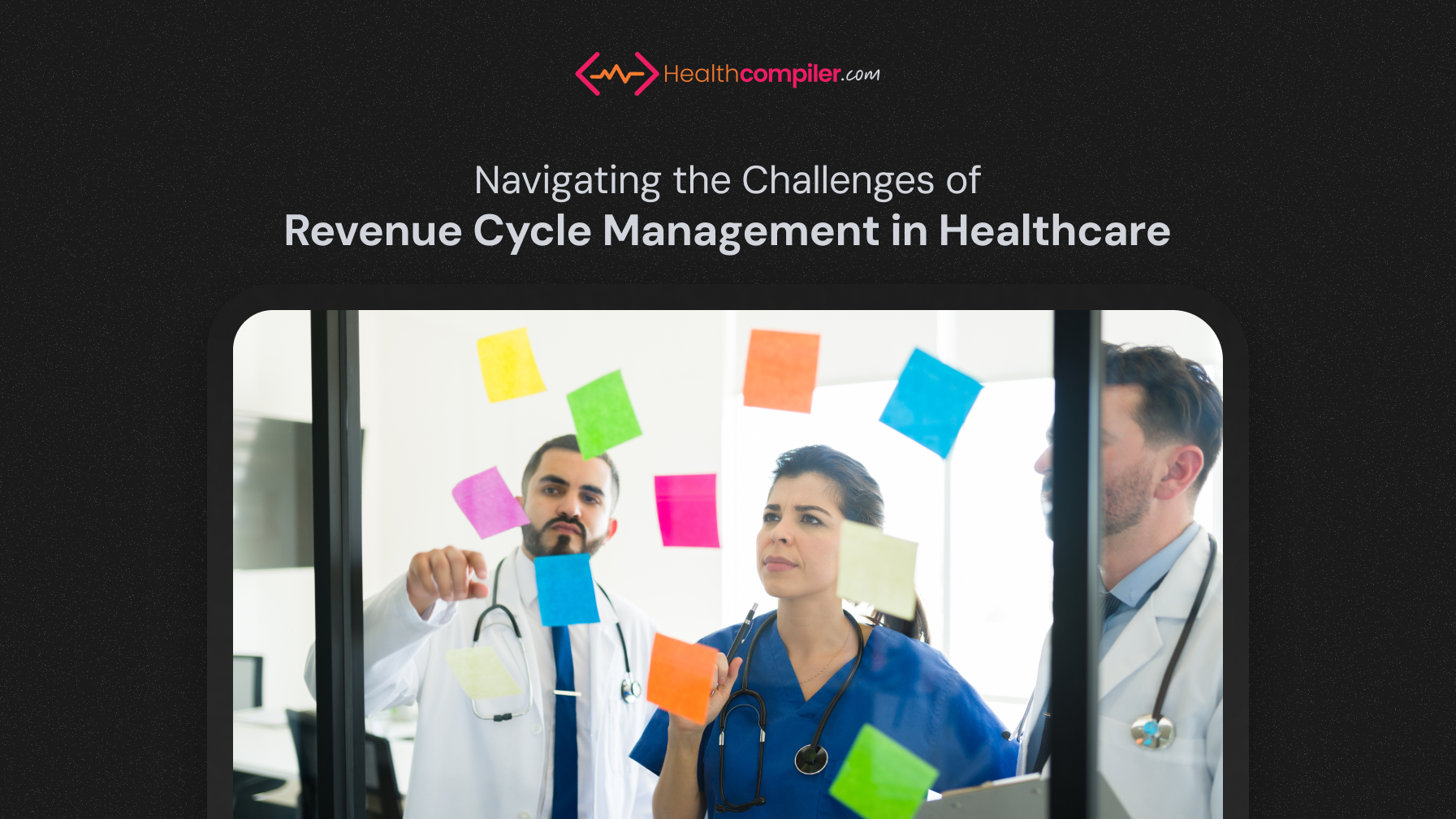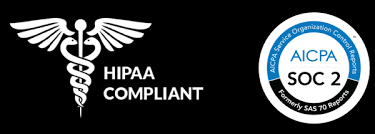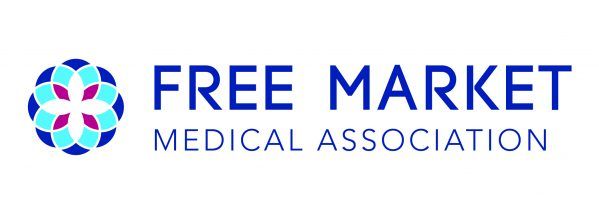Navigating the Challenges of Revenue Cycle Management in Healthcare

Revenue Cycle Management (RCM) is a critical component in the healthcare industry, encompassing the financial processes that healthcare providers must manage to ensure they are compensated for their services. From patient registration to payment collection, effective RCM is essential for the sustainability and profitability of healthcare practices.
Understanding Revenue Cycle Management
RCM involves several key components:
- Patient Registration: Capturing accurate demographic and insurance information is vital for verifying eligibility and facilitating billing.
- Services and Charges Capture: Documenting all services rendered and their corresponding charges ensures accurate billing.
- Claim Submission: This process involves compiling patient information and submitting claims to insurers for reimbursement.
- Payment Processing: After claims are adjudicated, payments from various sources are processed and recorded.
- Denial Management: Handling denied claims efficiently is crucial to maintaining cash flow.
- Collections: Ensuring that patient responsibilities are collected effectively can prevent revenue loss.
Common Challenges in RCM
Despite its importance, RCM faces several challenges:
- Coding Errors: Mistakes in coding can lead to claim denials and payment delays. Continuous training and thorough documentation are essential to minimize these errors.
- Insurance Denials: Claims may be denied for various reasons, including incomplete information or coding mistakes. A robust denial management strategy is necessary to address these issues.
- Delays in Reimbursement: Delays can arise from payer processing times or claim rejections, impacting cash flow. Streamlining billing processes can help mitigate these delays.
- Compliance Standards: Adhering to regulations like ICD-10 coding and HIPAA is critical to avoid penalties. Regular training and audits can support compliance efforts.
- Reporting Requirements: Generating timely and accurate reports can be challenging but is necessary for regulatory compliance.
Strategies to Overcome RCM Challenges
To navigate these challenges effectively, healthcare practices can adopt several strategies:
- Regular Staff Training: Ongoing education on billing processes, coding guidelines, and compliance standards empowers staff to minimize errors.
- Utilize Advanced Technologies: Implementing medical billing software and EHR systems can streamline operations, improve accuracy, and enhance efficiency.
- Conduct Regular Audits: Performing audits on coding accuracy helps identify errors and compliance gaps, allowing practices to address issues proactively.
Conclusion
Effective
Revenue Cycle Management is fundamental for healthcare providers aiming to maintain financial health. By understanding the components of RCM, recognizing common challenges, and implementing strategic solutions, practices can enhance their revenue cycle performance and ensure sustainability in an ever-evolving healthcare landscape. This structure provides a comprehensive overview of RCM while addressing its challenges and solutions in a clear and engaging manner.



